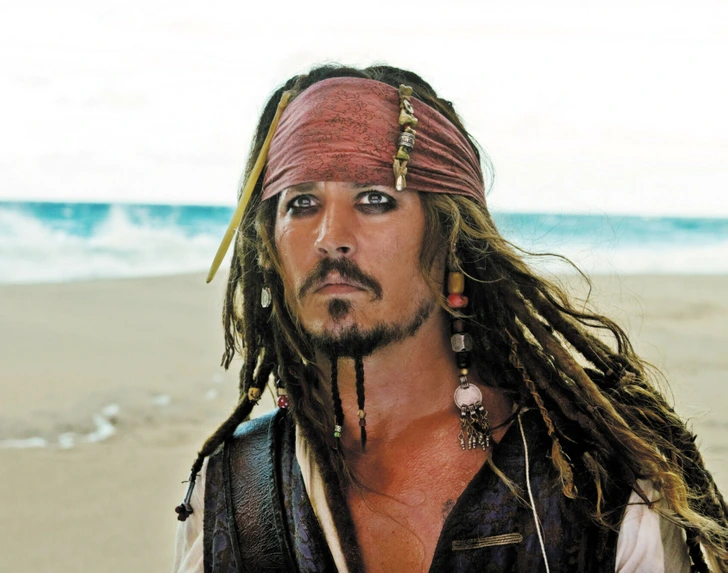Despite a career slump that has haunted Johnny Depp in recent years, it’s undeniable that he left a significant mark on Hollywood and pop culture during the peak of his fame. The “Johnny Depp’s net worth” question is very popular, given that his films have amassed over $12 billion in global box office earnings. This is the reason we are interested in examining where the famous pirate generated his income and how much the jurisdictional flaws affected the actor’s wealth.
Early childhood and career in music
Born on June 9, 1963, in Owensboro, Kentucky, Depp was the youngest of four children in a family of waitress Betty Sue Depp and civil engineer John Christopher Depp. In 1978, when Johnny was 15, his parents divorced. Subsequently, his mother remarried Robert Palmer, whom Depp has called “an inspiration” to him growing up. The actor described his step-father as a “really cool guy”. The stepfather left such a lasting mark on the actor that, after his death, Depp dedicated his song to him.
His first association with music came through his mother, who gifted him a guitar at the age of 12. Subsequently, Depp immersed himself in various musical bands. This newfound passion captivated the young man to such an extent that at 16 he dropped Miramar High School to become a rock star. Two weeks later, the young star realized what a mistake he had made and attempted to go back to school, but the principal encouraged Depp to follow his dream of becoming a musician.

In 1980, Depp began playing with a band known as The Kids. After gaining modest popularity in Florida, the group relocated to Los Angeles in the hope of securing a record deal; they even changed their name to Six Gun Method. Alongside his involvement in the band, Depp took on various jobs, including telemarketing.
In 1984, The Kids disbanded before securing a record deal, leading Depp to collaborate with another band, Rock City Angels. He played a role in co-writing their song “Mary”, featured on their first Geffen Records album, Young Man’s Blues.
Acting career
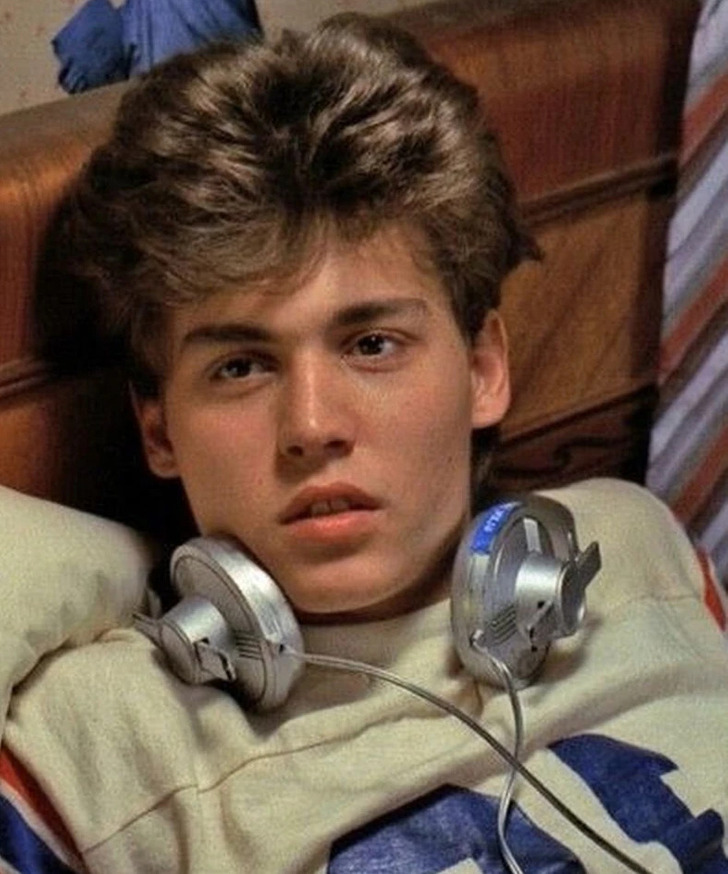
Setbacks in his musical career led Depp to discover a new passion, facilitated by his friendship with Nicolas Cage. As they became good friends, Cage suggested that Depp explore acting, a field he was already interested in, having read a biography of James Dean and watching Rebel Without a Cause. Cage even helped Depp in securing his first audition for A Nightmare on Elm Street.
Later, the actor confessed, “I didn’t have any desire to be an actor.” He explained, “I was a musician, but the fact that these people were going to pay me what I found to be a ludicrous sum of money. It was kinda the SAG minimum, it was $1,284 a week… I’d never seen that kind of dough in my life.” That sum was just enough to cover bills that his musical career left unpaid.
In 1987, after a series of episodic roles, Depp finally pulled out the lucky ticket. His first big role was in the Fox TV series 21 Jump Street, for which he reportedly earned $45,000 per episode. The role of an undercover police officer in a high school operation made Depp a teen idol. But the actor felt that the series “forced him into the role of product.”
Independent films and bond with Tim Burton
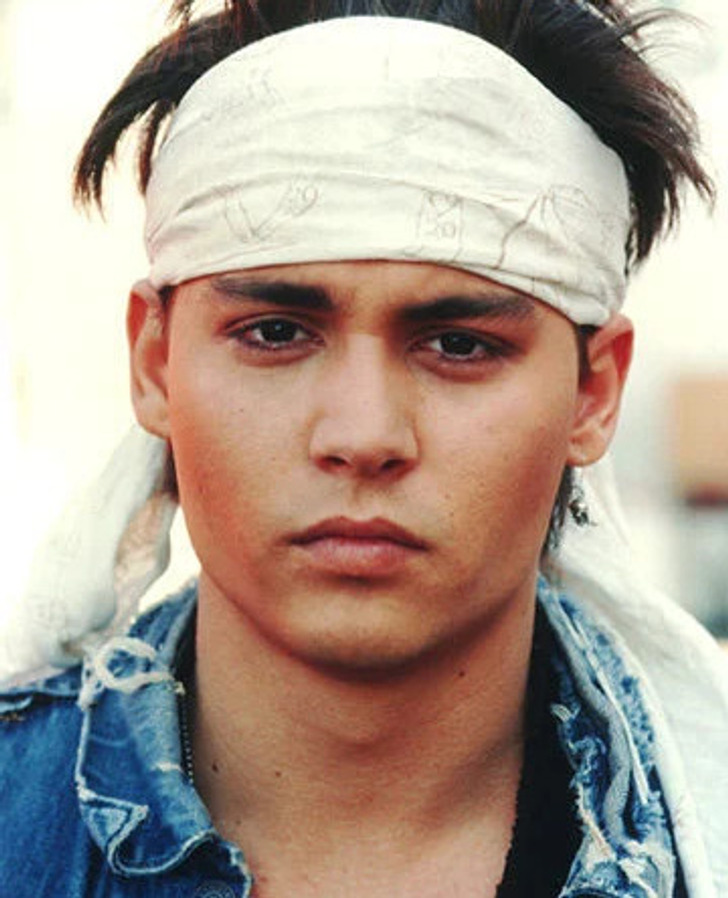
Disappointed by his heartthrob experience on 21 Jump Street, Depp started choosing roles based on personal interest rather than expected box office success. An example of such a project is John Waters’s Cry-Baby, a musical that takes place in the 1950s. While it didn’t perform well at the box office initially, it has become a cult classic over time.
In 1990, Depp took on the lead role in Tim Burton’s romantic fantasy movie Edward Scissorhands, starring alongside Dianne Wiest and Winona Ryder. The movie achieved both commercial and critical acclaim, earning $86 million worldwide. According to rumors, the actor received a salary of almost $3 million for the movie, in which he says 150 words.
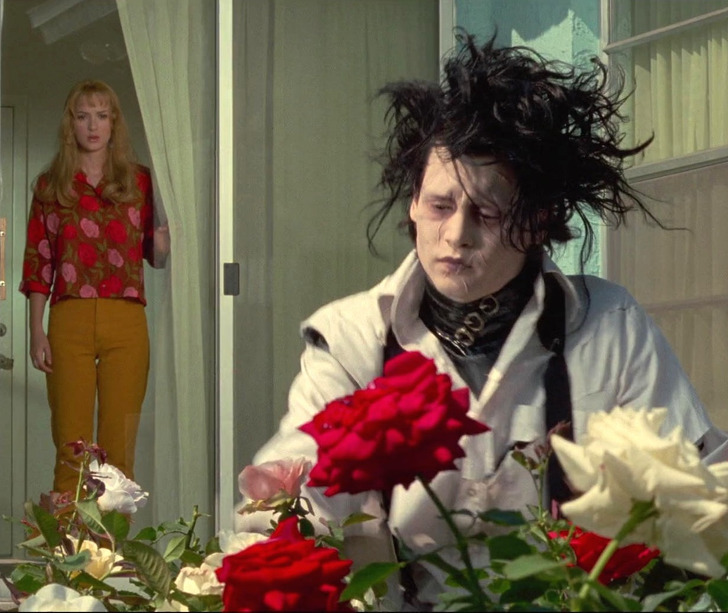
In preparing for the role, Depp extensively watched Charlie Chaplin films to learn how to evoke sympathy without relying on dialogue. The Washington Post praised Depp’s performance, stating, “He brings the eloquence of the silent era to this part of few words, saying it all through bright black eyes and the tremulous care with which he holds his horror-movie hands”. Depp received his initial Golden Globe nomination for this film.
Later discussing why their collaboration was so successful, Burton revealed that he and Depp share similar ideas and, during their initial encounter, felt a connection, “I first met him when I did Edward Scissorhands. He was a bit similar to me, kind of suburban — we connected on some kind of level.”
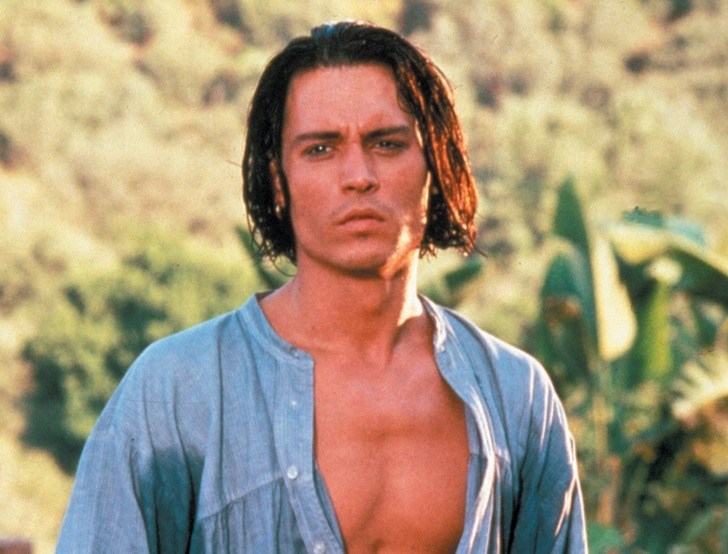
But then Depp’s luck ran out. He didn’t have any new movies coming out for the next two years, except for a quick appearance in Freddy’s Dead: The Final Nightmare, the sixth movie in the A Nightmare on Elm Street series.
In 1993, he starred in three films. In the romantic comedy Benny and Joon, he played a quirky guy who loved silent films, and he befriends a woman with mental health challenges and her brother. The movie unexpectedly became popular, earning $30 million worldwide. This performance got Depp his second Golden Globe nomination.
His second film was What’s Eating Gilbert Grape, a family drama with Leonardo DiCaprio and Juliette Lewis. Even though it didn’t do well at the box office, critics liked it. Todd McCarthy from Variety said, “Depp manages to be the center of attention with a likable and appealing character,” even though most reviews were about DiCaprio, who got an Academy Award nomination for his role.
Depp’s last movie in 1993 was Arizona Dream, a comedy-drama by Emir Kusturica, which got good reviews and won an award at the Berlin Film Festival. However, the film failed at the box office, grossing just $112,547.
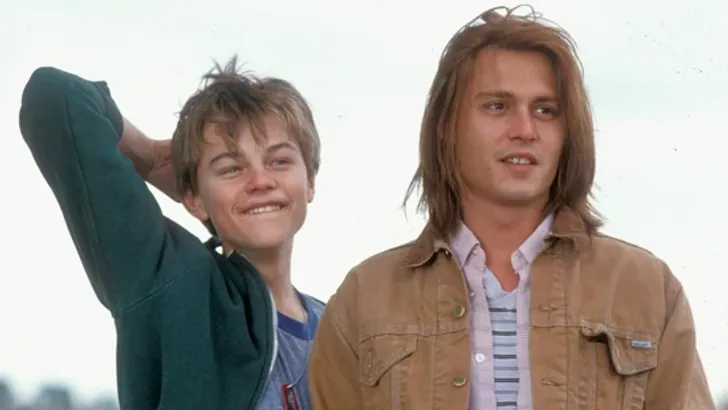
The late nineties were rich in cult films in Depp’s career. He starred alongside Marlon Brando in the successful film Don Juan DeMarco, portraying a character convinced that he is Don Juan, the most exceptional lover in the world. The film earned $68 million gross worldwide.
In 1997, Johnny Depp and Al Pacino co-starred in the crime drama Donnie Brasco, directed by Mike Newell. Depp took on the role of Joseph D. Pistone, an undercover FBI agent adopting the alias Donnie Brasco to infiltrate the Mafia in New York City. To prepare for his character, Depp spent considerable time with Pistone, the inspiration behind the film derived from Pistone’s memoirs. The movie surpassed expectations at the box office, earning $124 million against a $35 million budget, and garnered positive acclaim from critics.
In 1999, Depp teamed up again with his friend Tim Burton to shoot a supernatural thriller, Sleepy Hollow. Johnny Depp received a reported $20 million for his lead role as Ichabod Crane. When adjusted for inflation, this amount would equate to over $30 million in today’s currency. Depp’s compensation for Sleepy Hollow significantly surpassed his earnings from many of his prior films.
Success comes into Depp’s life with the Pirates of the Caribbean series.
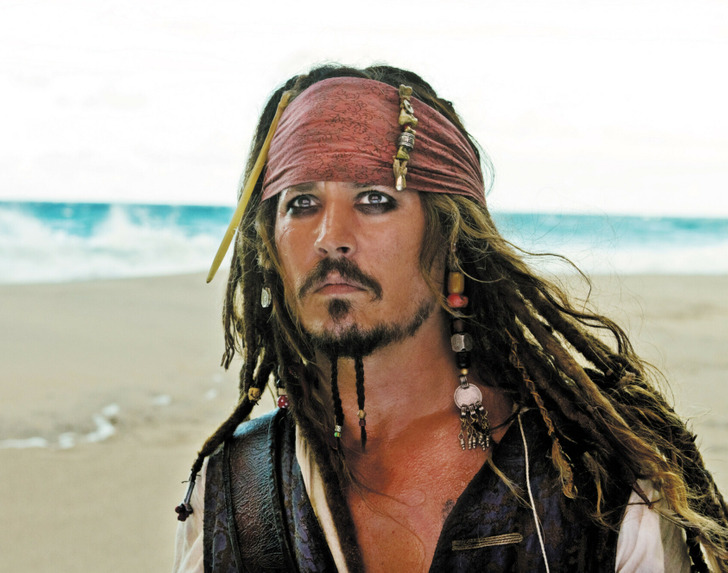
Johnny Depp’s net worth wouldn’t be what it is today without the role of Captain Jack Sparrow in the Pirates of the Caribbean franchise. His adventure began in 2003 when the first film was released. Johnny Depp gained widespread acclaim for his comedic portrayal of the pirate Captain Jack Sparrow, earning nominations for the Academy Award, Golden Globe, and BAFTA, along with winning a Screen Actor’s Guild Award for Best Actor and an MTV Movie Award.
Depp confessed, “I’ve really come to enjoy spending time with him, or as him, whatever it is. He’s definitely a big part of me.” The actor fashioned the character after Keith Richards, the guitarist of The Rolling Stones, and the animated skunk Pepé Le Pew. Initially, studio executives were uncertain about Depp’s interpretation, but the character eventually captured the hearts of audiences.
For Pirates of the Caribbean: The Curse of the Black Pearl, Johnny Depp received a payment of $10 million. For the sequel, he was paid a signing amount of $20 million along with an additional $40 million from the film’s backend, resulting in a total of $60 million. This figure continued to rise, culminating in a total income of $300 million from all five Pirates of the Caribbean movies.
In subsequent years, Depp maintained a lifestyle supported by multi-million dollar earnings, such as $55 million for Alice in Wonderland, $15 million for Rum Diary, $18 million for Charlie and the Chocolate Factory, and $20 million for The Tourist.
Johnny Depp has amassed millions through his endorsement deals with renowned brands such as Dior Sauvage, Tom Ford, and even H&M.
Career setbacks and failures in personal life
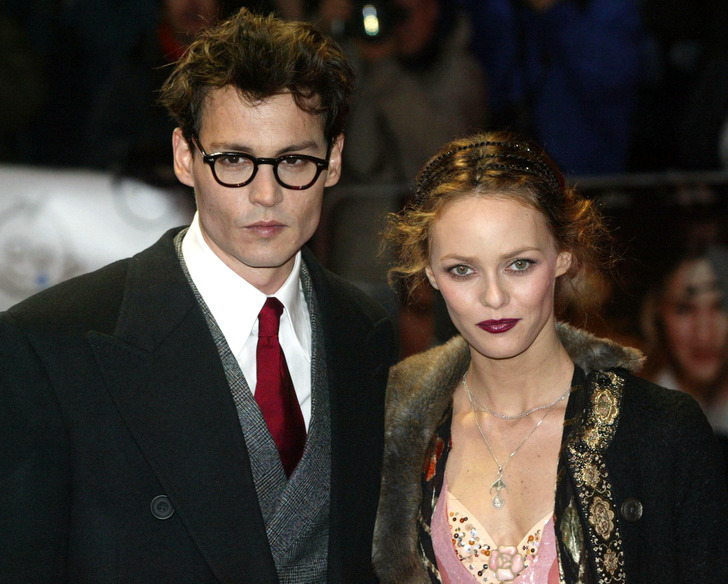
At his peak, Johnny Depp’s net worth reached approximately $900 million. By 2012, he was listed by the Guinness World Records as the world’s highest-paid actor. But Depp’s extravagant lifestyle and significant monthly expenses led to a staggering expenditure of $650 million from 2003 to 2016. According to his financial manager, Depp was spending an incredible $2 million per month on his lifestyle, maintaining 14 residences, a collection of 70 guitars, and a refined taste for high-quality wines. Additionally, Depp exclusively travels by private plane, opting for a Gulfstream GV, incurring a monthly cost of $200,000.
Depp reportedly invested a substantial $75 million in acquiring, enhancing, and furnishing 14 properties worldwide. These holdings include diverse locations, ranging from an expansive 45-acre château in the south of France valued at $13.5 million to his private chain of islands in the Bahamas and a horse farm in Kentucky.
Moreover, the actor faced financial setbacks due to his separation from Vanessa Paradis, the mother of his children, and his divorce from Amber Heard in 2017, which involved a settlement payment of $7 million to Heard. These personal and legal challenges have left Depp in a precarious financial position, further complicated by the ongoing and widely publicized countersuit initiated by his ex-wife.
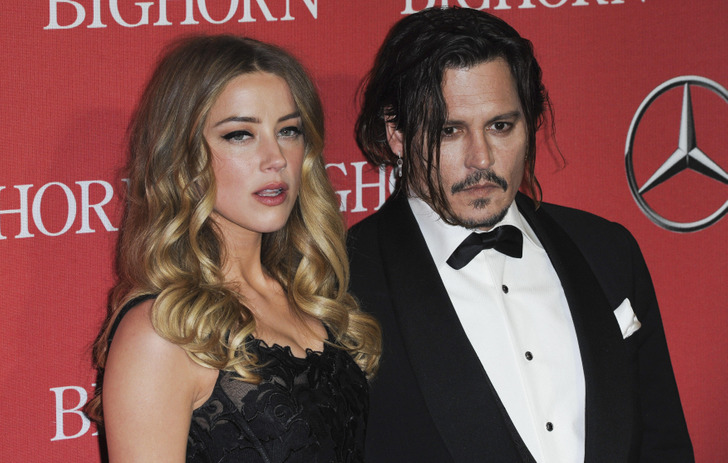
Bad luck followed him into his career. Several of Johnny Depp’s films have faced challenges at the box office or received unfavorable reviews. For instance, his portrayal of Tonto in The Lone Ranger resulted in a substantial loss of $190 million for Disney.
In 2016, Depp revisited his role as the Mad Hatter in Tim Burton’s Alice Through the Looking Glass, the sequel to Alice in Wonderland. Unlike the success of the first film, the sequel incurred a loss of approximately $70 million for Disney and garnered Depp two Golden Raspberry nominations.
Around 2018, Depp encountered additional career setbacks, with Disney confirming that he would not be cast in future Pirates installments, and reports indicating his disassociation from Universal’s Dark Universe franchise.
Depp’s final film release in 2018 was Fantastic Beasts: The Crimes of Grindelwald, where he reprised his role as Grindelwald. His casting faced criticism from fans, and in November 2020, he resigned from the role at the request of Warner Bros., the production company behind the Fantastic Beasts franchise. Mads Mikkelsen took over the role, and shortly afterward, The Hollywood Reporter labeled Depp as “persona non-grata” in the film industry.
Depp’s return to cinema and Hollywood
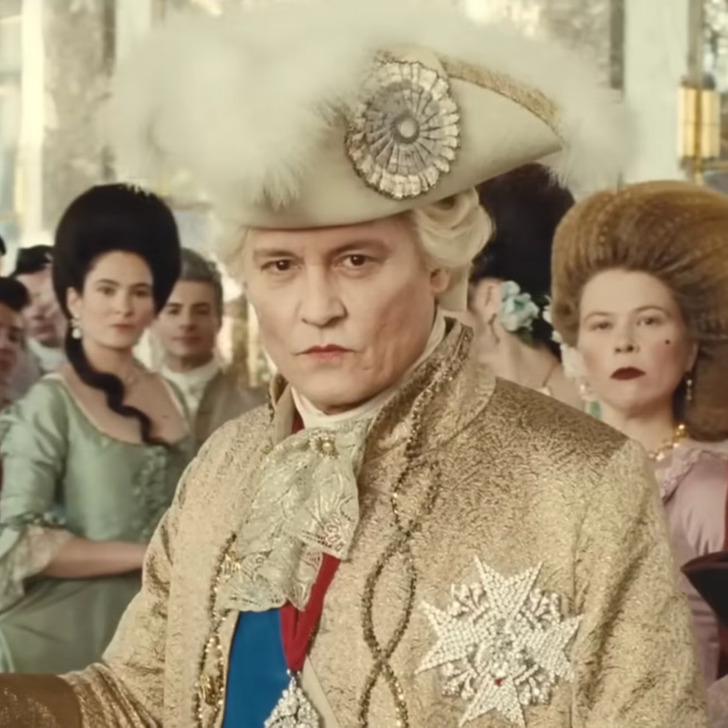
According to sources like Celebrity Net Worth, Johnny Depp’s net worth in 2022 stands at $150 million, despite having reportedly spent the aforementioned $650 million over 13 years. This resilience is attributed in part to the actor’s substantial earning power, charging $20 million per movie.
In 2022, Depp took on the role of King Louis XV in the period film Jeanne du Barry, directed by French actor-director Maïwenn. The film narrates the journey of Madame du Barry, an impoverished seamstress who ascends the ranks of Louis XV’s court to become his official mistress.
Notably, Netflix co-financed and streamed this French period drama. This project marked a significant milestone for Depp, as it was his first film where he performed in French. Jeanne du Barry premiered at the 2023 Cannes Film Festival, opening the festival, and received a mixed reception from film critics.
